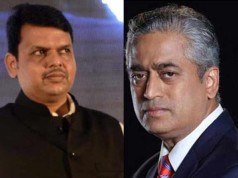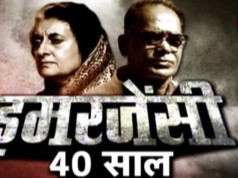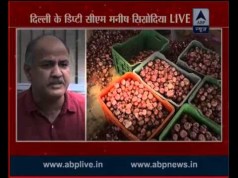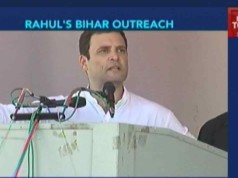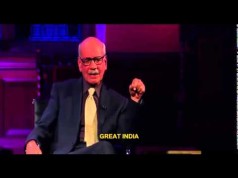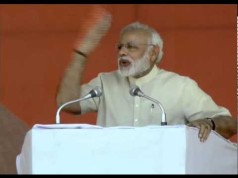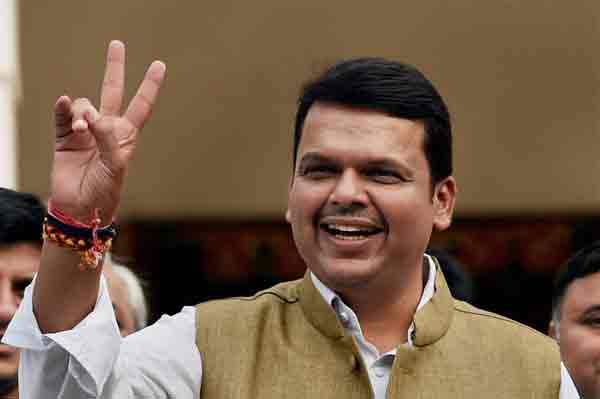Why did the Devyani Khobragade case blow up into a diplomatic crisis? Three factors have to be kept in mind. First, Ms Khobragade’s arrest has so angered the Indian system because there is genuine belief in the Ministry of External Affairs that she did no wrong. She is not guilty of any individual crime. If she used a short-cut — and one a clever lawyer can defend in court — it was with the approbation of both countries.
Contrary to media reports, Ms Khobragade’s contract with her housekeeper, Sangeeta Richard, does not promise her a composite sum of US $4,500 a month or anything of the sort. It promises an hourly wage — “minimum wage in New York or prevailing wage, whichever is higher” — and agrees to make deductions for perquisites such as medical insurance, room rent, food and so on. This contract was shown, not submitted, to United States Embassy officials by Ms Richard to get her visa. Ms Richard also submitted a form that stated her employer’s salary — a third figure altogether and if considered strictly in terms of its cash component, itself in violation of New York’s minimum wage.
Some but far from all Indian diplomats posted in the US take along domestic staff. These employees are paid high salaries by Indian standards and all expenses are taken care of. Obviously hourly wages in New York (or Washington, DC) are much greater and some of the domestic employees are tempted to moonlight. On occasion, they have alleged mistreatment by the diplomat, gone to human rights NGOs and sought to institute legal proceedings. In some cases, Indian diplomats have been indicted. In some cases, the police has found no case against them and recognised the charges are false. However, so strong is the organised human rights/anti-trafficking lobby that in all cases — irrespective of the veracity of their charges — the cooks or housekeepers have got their green cards or legal resident status in the US.
So why didn’t Ms Richard allege the Khobragade family was beating her up and why did she bring up the salary discrepancy? This is because Ms Khobragade had done something different from other Indian Foreign Service colleagues who take along domestic staff. She had signed a second contract, promising to pay Ms Richard Rs 30,000 a month. The entire money was transferred to a bank account — since Ms Richard had no expenses in New York — and the second contract was signed to make the employee feel secure. Such second contracts are certainly not usual practice. The MEA believes Ms Khobragade signed the second contract in good faith. Ms Richard’s insistence on this is now being viewed as ‘entrapment’ and part of a pre-conceived migration plan.
Second, it is likely somebody in the US Embassy — probably an official or a family member, acting in a private capacity and knowing Ms Richard and her in-laws personally — advised Ms Richard to exploit the two-contract loophole, use anti-trafficking laws to bolster her case, approach certain anti-trafficking NGOs and then District Attorney Preet Bharara’s office. This person possibly made Ms Richard aware that if, at this stage, the district attorney’s office asked for Ms Richard’s family to be ‘evacuated’ to the US as witnesses in an anti-trafficking case, their visas could not be denied. Adult family members would be given the requisite T category visa to live and work in the US.
In South Block, there is belief this elaborate plan was drawn up even before Ms Richard left for the US. That is why External Affairs Minister Salman Khurshid called Ms Khobragade the victim of “a conspiracy”. The end purpose of the conspiracy was to facilitate the Richard family’s permanent migration.
Third, the motivations of Mr Bharara and the State Department are different. Mr Bharara is an ambitious man in New York, looking to take on the high and mighty — usually white collar criminals on Wall Street — project himself as ‘Mr Clean-up’ and build a political career. Targeting a diplomat who seemed to violate a contract, especially a diplomat from the country of his origin, appealed to him. New York is home to hundreds of diplomats, working in consulates or at the United Nations. Some can be pushy, emboldened by their immunity status. This has made the diplomatic corps unpopular with ordinary New Yorkers. Ironically, Indian diplomats are relatively well behaved in this construct. Nevertheless, Mr Bharara grabbed his chance.
The State Department was asleep at the wheel. Old India hands had moved out in recent months and a new team was handling New Delhi. Its communication channels were blurred. It clearly did not anticipate the Indian reaction. As for the US Embassy, it has known for years that the contract shown by domestic employees while applying for a visa is not necessarily indicative of true cash wage. It informally advised this subterfuge as part of an arrangement between two foreign offices, which gave each other privileges that technically may have violated local laws.
So what happens next? Ms Khobragade’s lawyer will contest Mr Bharara on grounds of jurisdiction, contending the contracts can’t be adjudicated by a New York court. Mr Bharara will push for conviction. The State Department can back Mr Bharara’s legal case or it can grant Ms Khobragade a G-1 visa and agree to her transfer to the Indian mission at the UN. This will give her full diplomatic immunity. Alternatively, it can declare her persona non grata and expel her. In that case India will similarly expel a US diplomat.
Whatever happens, the Indian system is determined to walk down the path of reciprocity. Unilateral privileges given to US diplomats have been withdrawn. The blanket airport passes for US officials have gone. The barricades outside the US embassy in New Delhi, which blocked a major city road, have been removed. They were not there because of any specific threat perception but followed a verbal request made to an earlier, expansive Lieutenant Governor of Delhi by the then US Ambassador.
The US gives officials at the Indian embassy in Washington, DC, full diplomatic immunity but denies this to diplomats at Indian consulates in other cities. In India, however, it has sought full diplomatic immunity even for its consulate officials in say Chennai or Mumbai. India has revoked this. Consulate officials will have lesser consular immunity. Their identity cards will be stamped with “No immunity from felony”. This is exactly what cards of Indian consulate officials in the US say.
Next, the Indian taxman will get into the act. Indians employed by the US Embassy and by US diplomats in a personal capacity will be required to submit income as well as tax documentation. If irregularities are found, to assist the course of justice their American employers may be ‘requested’ to come to the tax office to help ‘clarify doubts’.
A host of privileges, some of them extracted in the aftermath of the 1962 war with China, when India was vulnerable, are being reconsidered. Foreign nationals (like spouses or friends of diplomats) teaching in the American Embassy School in India are allowed tax-free salaries. This regime is being re-assessed. Foreign teachers at such schools do need work permits. Do they have them? Are Indian teachers too being paid tax-free salaries, which would be illegal? These are all questions the tax bureaucracy will ask. It will not be a picnic.
Lastly, what of Sangeeta Richard and her family? Frankly, their migration project is complete. India will never see them again.
(The article is the personal opinion of the writer Mr Ashok Malik and was first published in The Pioneer. Mr Malik can be reached at malikashok@gmail.com.)


